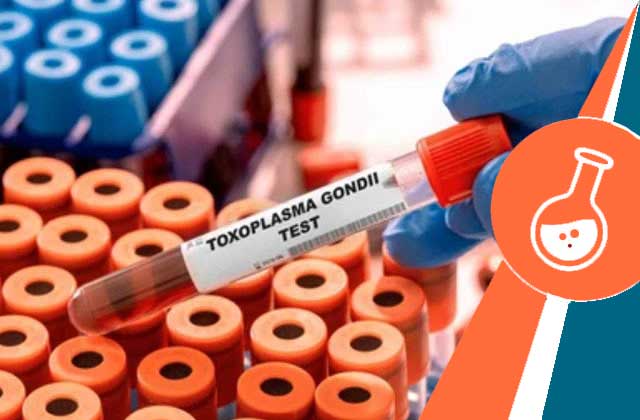About Toxo Gondii - IgM test
Toxoplasma gondii (T. gondii) is a parasitic protozoan that can infect humans and animals. It causes a condition called toxoplasmosis, which is usually mild or asymptomatic in healthy individuals but can be more severe in people with weakened immune systems or pregnant women.
When a person is exposed to T. gondii for the first time, their immune system produces specific antibodies called immunoglobulin M (IgM) in response to the infection. IgM antibodies are the first line of defense and are typically produced early in the course of an infection.
The Toxoplasma gondii IgM test is a blood test that detects the presence of IgM antibodies against the parasite. It is used to determine if a recent or active infection with T. gondii has occurred. The test is often ordered if there is suspicion of acute toxoplasmosis, especially in pregnant women or individuals with a weakened immune system.
Laboratory Analysis of Toxo Gondii - IgM Test
The blood sample is sent to our laboratory where it is tested for the presence of IgM antibodies specific to T. gondii. The most commonly used method is an enzyme-linked immunosorbent assay (ELISA). ELISA involves mixing the blood sample with T. gondii antigens, which can bind to the corresponding IgM antibodies if present. The reaction is then measured to determine the amount of IgM antibodies in the blood.
Toxo Gondii - IgM Results Interpretation
The results of the IgM test are reported as either positive or negative. A positive result indicates the presence of IgM antibodies against T. gondii, suggesting a recent or active infection. However, it’s important to note that a positive IgM result does not necessarily confirm an acute infection, as the antibodies can persist in the blood for several months or even years after the initial infection. Additional tests, such as IgG antibody testing or PCR (polymerase chain reaction) for T. gondii DNA, may be needed to further evaluate the infection status.
Toxo Gondii - IgM Test Limitations
Toxoplasma gondii IgM test has limitations. False-positive and false-negative results can occur. False positives can happen due to cross-reactivity with antibodies produced in response to other infections or conditions. False negatives can occur if the test is performed too early after infection, before IgM antibodies are detectable, or if the antibody levels have already started to decline.
More Related Tests
Why To Book with HealthCareOnTime

17 Crores+ Samples Processed

World Class Technology Labs

25+ Years of Trust & Experience

Free Home Collection
FAQs Around Toxo Gondii - IgM
How much does Toxo Gondii - IgM test cost?
The Toxo Gondii – IgM test cost is Rs.500, although it is now available for Rs.300 because of the offer.










